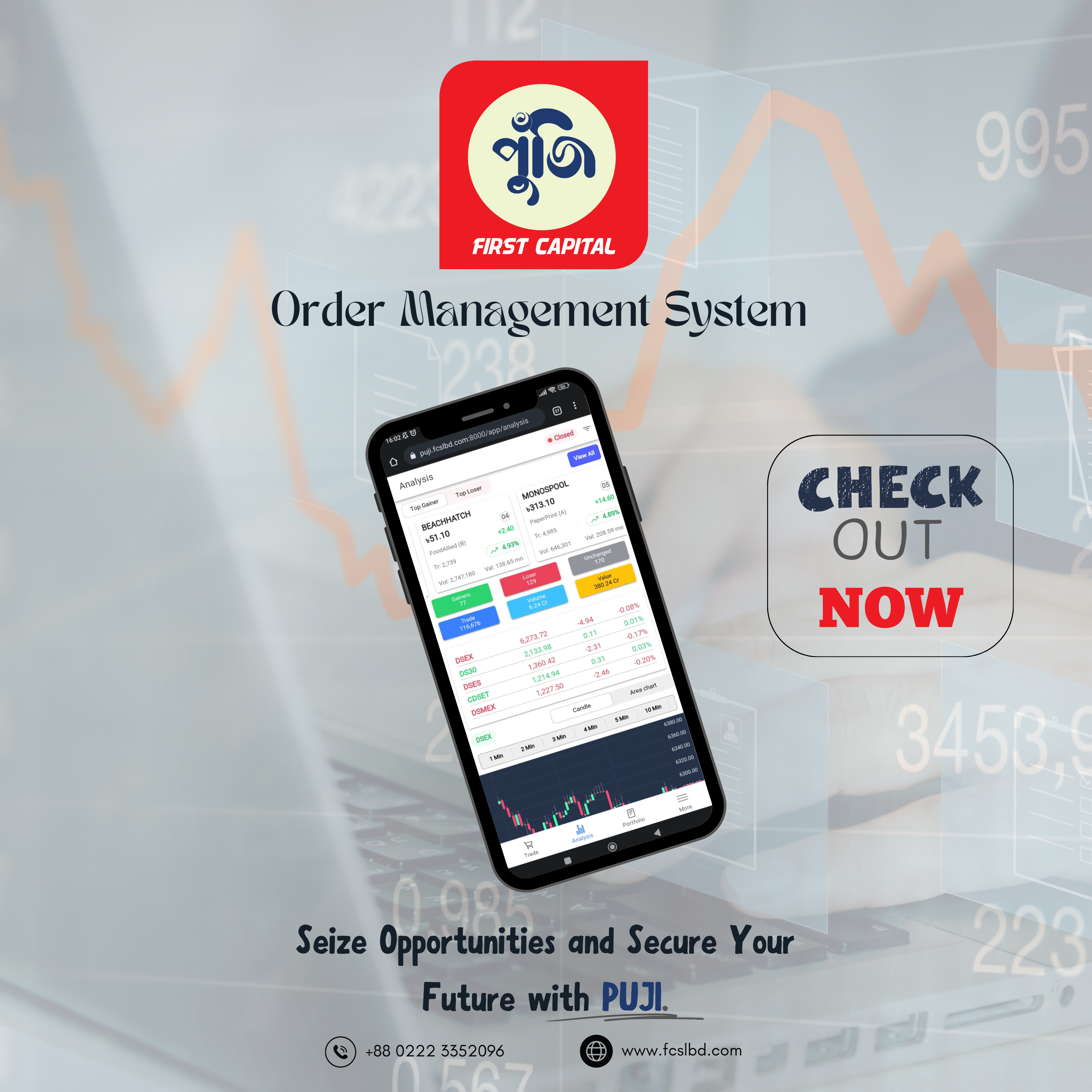The ice cream industry began the year with robust growth, but by midyear, it had slowed by half. As a result, the industry is falling short of its sales projections for this year. However, industry insiders expect sales will exceed last year’s total.
According to industry insiders, ice cream companies experienced around 40% growth in the first half of 2023. However, complications in importing raw materials due to a dollar crisis, delayed shipments, a decrease in number of consumers due to inflation, and changing weather conditions have contributed to a decline, bringing the growth down to 18-20% since July.
The frozen dessert market suffered a major setback during the Covid period. In 2020, ice cream sales plummeted to just Tk750 crore. The industry rebounded and achieved its best performance last year, with sales reaching around Tk2,100 crore. Although at the start of this year, annual sales were anticipated to surpass Tk2,500 crore, the current circumstances suggest that the target is not likely to exceed Tk2,300 crore.
According to ice cream manufacturers, 95% of raw materials are import-dependent. The intricacies involved in importing these raw materials have hindered companies from manufacturing products at their full capacity. Simultaneously, the average price of raw materials in the international market has surged by 40%, compelling companies to adjust their prices three times since March last year.
Manufacturers assert that they cannot increase prices by more than 15-16% to retain customers amid inflationary pressure. Consequently, businesses are compelled to compromise with their profit margins.
Igloo ice cream, owned by Abdul Monem Limited, dominates the market with a 35% share. Despite its leading position, the company faces challenges in importing raw materials due to the ongoing dollar crisis.
Sumit Chakraborty, AGM (Marketing) at Igloo Ice Cream, shared with The Business Standard, “The prices of raw materials have surged significantly, with some costs soaring by up to 60%. Simultaneously, the dollar crisis has introduced complications in importing raw materials.”
“In the face of escalating raw material prices, we have been constrained to limit product price adjustments to no more than 15-16% over three rounds, given the substantial inflationary pressures in the country,” he added.
Cone ice cream is a staple product for every manufacturer in the country. The 115-120ml classic cone ice cream now costs Tk50 per variety, up from Tk45. Another size, 70-80 ml, has seen its price rise from Tk25-30 to Tk35. According to traders, there is now a higher demand for the smaller-sized cones.
According to industry insiders, Polar closely follows Igloo in market standing, with a share approaching 25%. Subsequent to Polar, other notable players include companies such as Kwality, Savoy, Bloop, Lavello, and Bellissimo.
Despite the challenges, Igloo managed to conduct business relatively well. In contrast, Polar had to scale back some production due to the ongoing relocation of its factory from Tejgaon in Dhaka to Savar.
A senior official at Polar, who preferred to remain anonymous, told TBS, “The ongoing factory relocation has indeed affected our business, but the transfer process is now in its final stages.
“Additionally, considering the seasonal nature of the ice cream business during the winter, Polar is actively planning to commence production at the new facility, aiming to enter the market with increased capacity.”
In 2015, the Golden Group announced the introduction of ice cream under the Savoy brand, but aggressive marketing efforts have been initiated only in the past two years. The company has made substantial investments in logistics, establishing a strong market position through a commitment to product quality, aggressive marketing strategies, and efficient logistics. This strategic approach has enabled Savoy to gain a share of the market from many established companies.
Entrepreneurs have said they use 12% milk fat in ice cream, importing it from countries such as Australia, New Zealand, Spain, Denmark, Malaysia, and Singapore. However, they are facing challenges due to a significant increase in customs tariffs on raw materials, including milk fat, ranging from 37% to 127%.
The business is hindered by the dual challenges of rising prices in the international market and high customs duties.
Source: tbsnews.net




